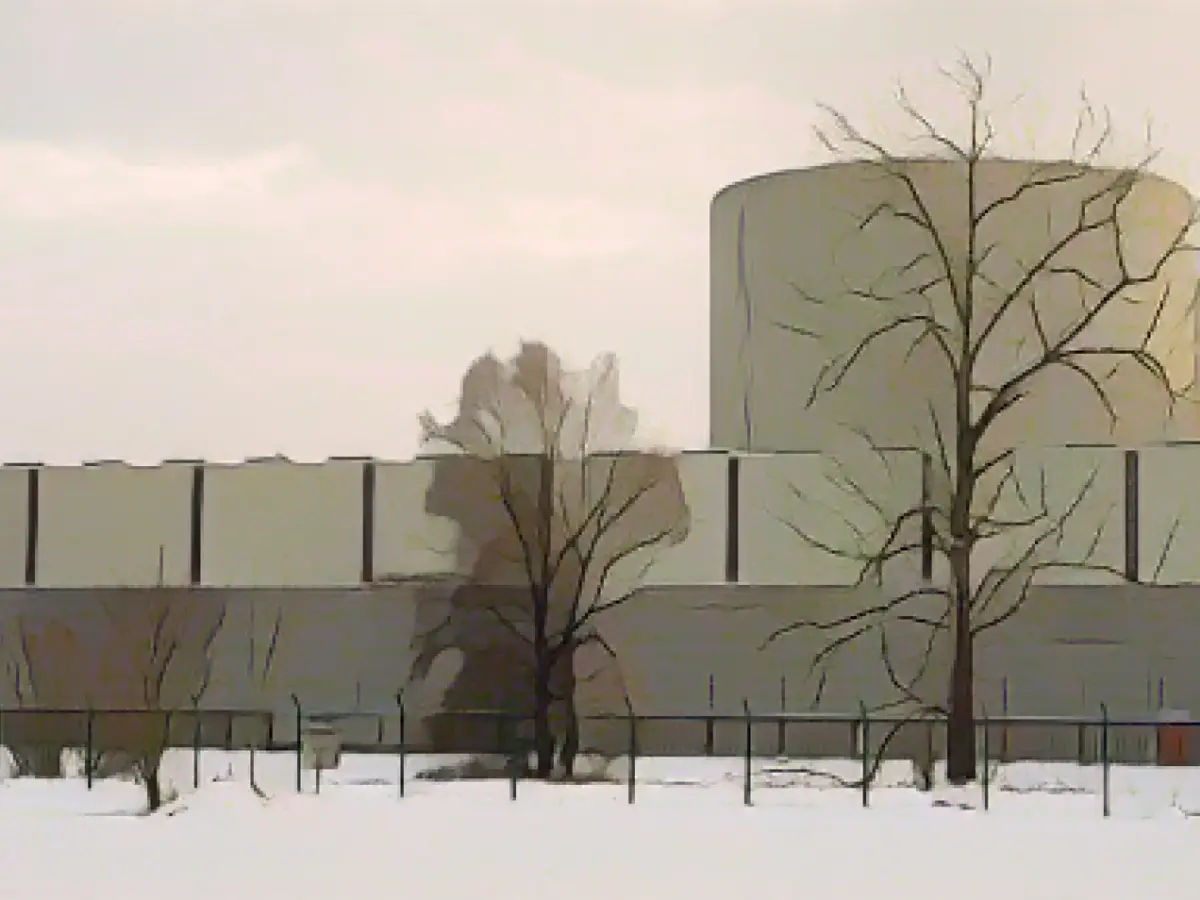In the bustling city of Munich, at the Bavarian Administrative Court (VGH), a group of local landowners and concerned individuals have raised new concerns about the safety of the interim nuclear waste storage facility near the decommissioned Gundremmingen nuclear power plant in Swabia. Despite the court dismissing similar complaints back in 2006, these individuals bring forth fresh worries about potential risks associated with plane crashes and terror attacks, undermining the reassurances offered by the BGZ Gesellschaft für Zwischenlagerung, the company in charge of these facilities.
Critics argue that the interim storage facilities, including the one in Gundremmingen, Günzburg district, are subpar in handling potential threats, especially when considering Gundremmingen's status as one of Germany's largest nuclear sites and the home of the country's first large nuclear power plant, which operated from 1966 to December 31, 2021. Consequently, the future of nuclear waste management remains uncertain, as disagreements surrounding safety, transportation, and final storage plans continue to swirl.
Interim storage facilities have been a subject of controversy, with critics voicing concerns about transit risks, lack of a final storage plan, political and legal challenges, and the absence of sufficient public participation in environmental impact assessments. These ongoing controversies are not exclusive to the Gundremmingen facility, but extend to the nation as a whole, endangering the future of nuclear waste management.
Germany's nuclear waste management policies are marked by challenges related to storage capacity and location, transmutation technologies, cost and economic viability, public perception and safety concerns, regulatory and legal frameworks, and alternative disposal methods. These complexities and controversies highlight the ongoing debate surrounding nuclear waste management in Germany, where the controversial issues surrounding transportation and storage remain at the forefront.








